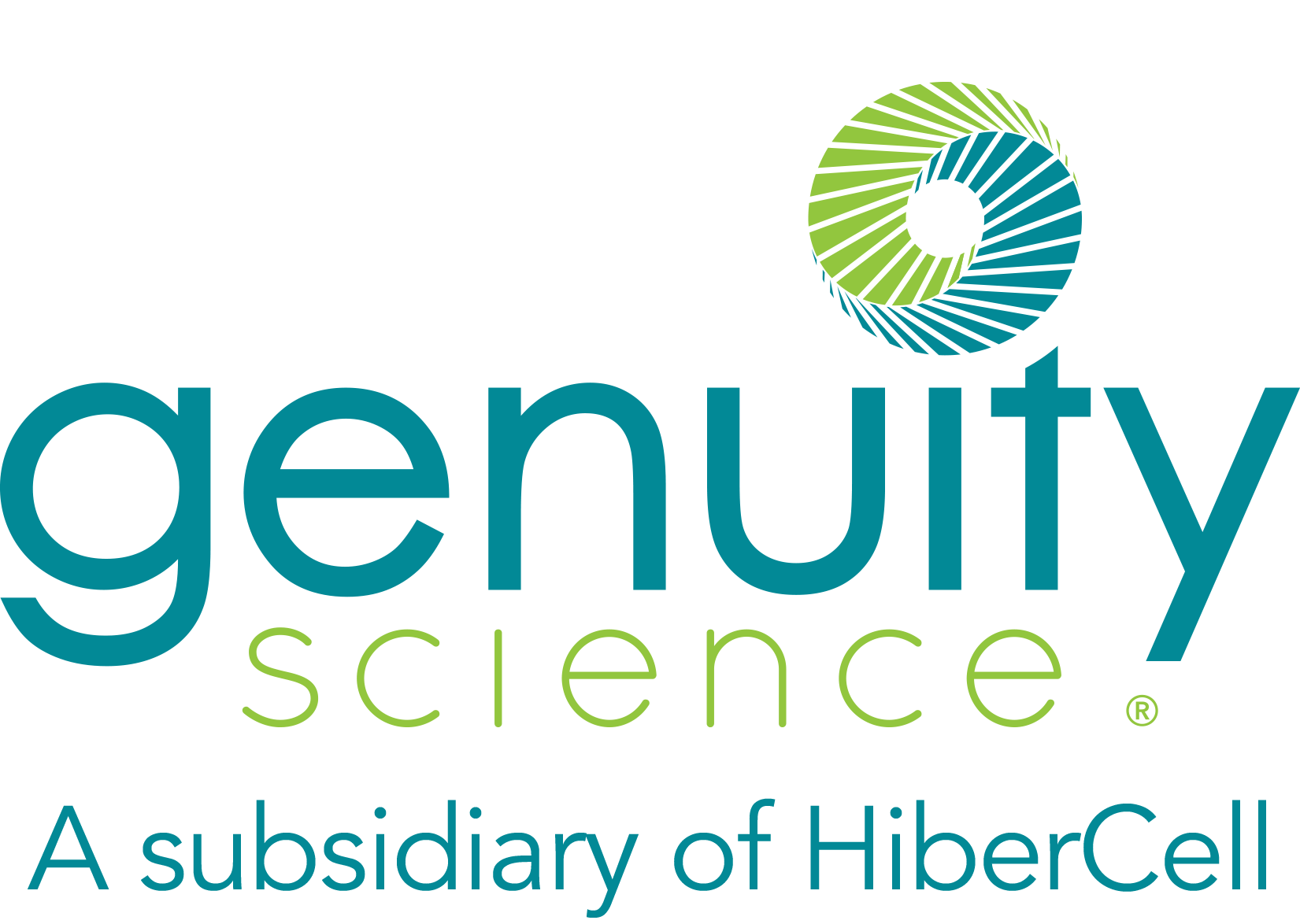Jack’s Story

When baby Jack (not participant’s real name and picture) was handed to his mum, he was the perfect baby. But in the months following his birth Jack’s parents and doctors became concerned when he did not meet his developmental milestones like other babies. He had trouble holding up his head or sitting upright without assistance. Over time, his condition became more serious when Jack developed seizures and suffered from painful involuntary movements of his muscles.
After a lengthy period of diagnostic testing doctors at CHI at Temple Street were unable to understand the cause of Jack’s condition. His brain MRI was normal. He had healthy siblings and there was no family history of any conditions like that of Jack’s. Routine genetic tests to look for large DNA abnormalities had not revealed any explanation for Jack’s symptoms.
A collaborative research programme between Genuity Science and CHI at Temple Street offers whole genome sequencing and analysis for children with undiagnosed conditions. In 2017, Jack and his parents were recruited to the Rare Disease Programme by his clinician. They had blood samples taken by a phlebotomist at CHI at Temple Street, and the referring clinician provided a detailed clinical history of Jack’s condition to date. The anonymised blood samples and clinical data were provided to Genuity Science’s facility, where a team of laboratory scientists, bioinformaticians, and clinical research scientists sequenced Jack’s DNA to look for a change in his genetic code that would account for his condition.
As the team worked through Jack’s genome sequence, they identified a variant in the GNAO1 gene. Inheritance was determined to be “de novo”, which means that Jack didn’t inherit this genetic change from his mother or father. This was significant in that the family now had the comfort of knowing that, if they decided to have more children, it would be highly unlikely another child would carry the same variant. For Jack, this variant changed a very important amino acid in his GNAO1 protein; an important molecule for sending messages between cells in the brain. This same variant has been identified in four other children, and all of them share Jack’s condition. In this way, although Jack has a rare disorder, he is not alone. Two of the children have received a special type of treatment called deep brain stimulation. This involves inserting an electrical implant into the part of the brain that controls movement. It has been a successful intervention for children with Jack’s genetic variant or other GNAO1-associated movement disorders that are associated with a sudden deterioration. There are also some medications that have been demonstrated as effective in the management of acute attacks associated with this disorder. And although Jack’s condition is currently stable, his genetic diagnosis has provided him with therapeutic options should his condition evolve over time.
The Genuity Science Rare Disease Programme continues to support CHI at Temple Street in implementing whole genome sequencing for children with undiagnosed disorders and their families.

